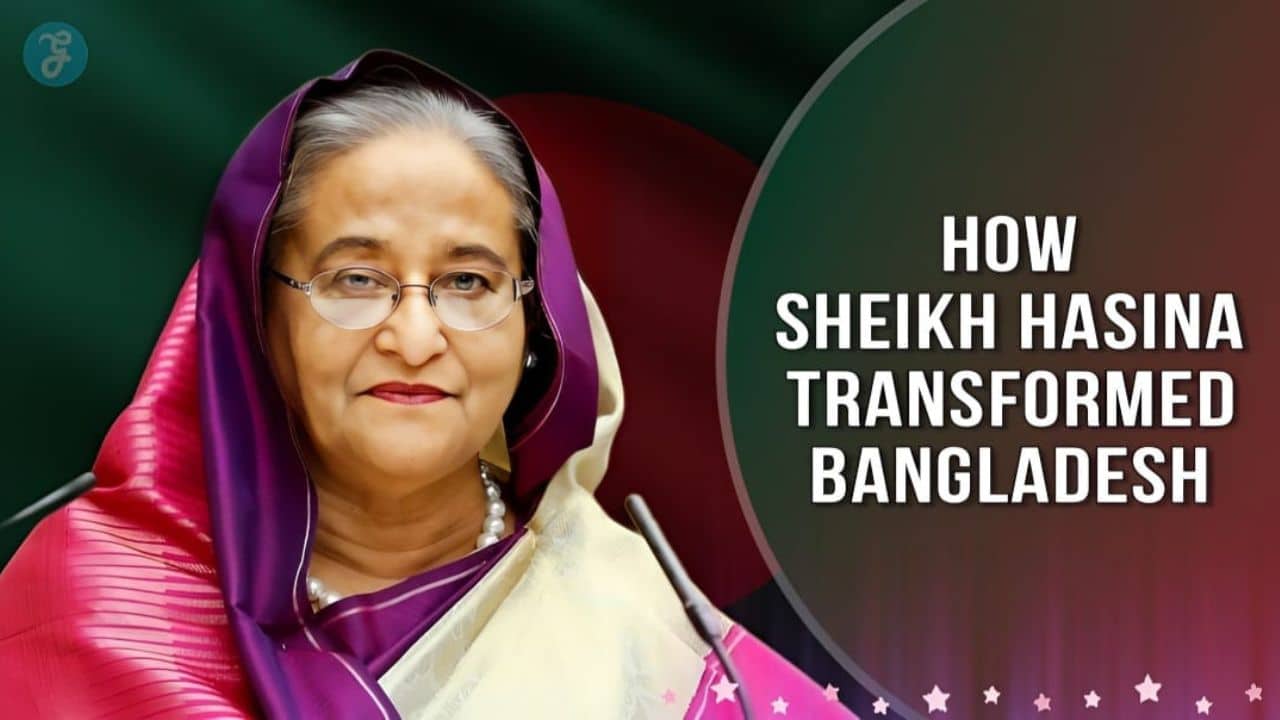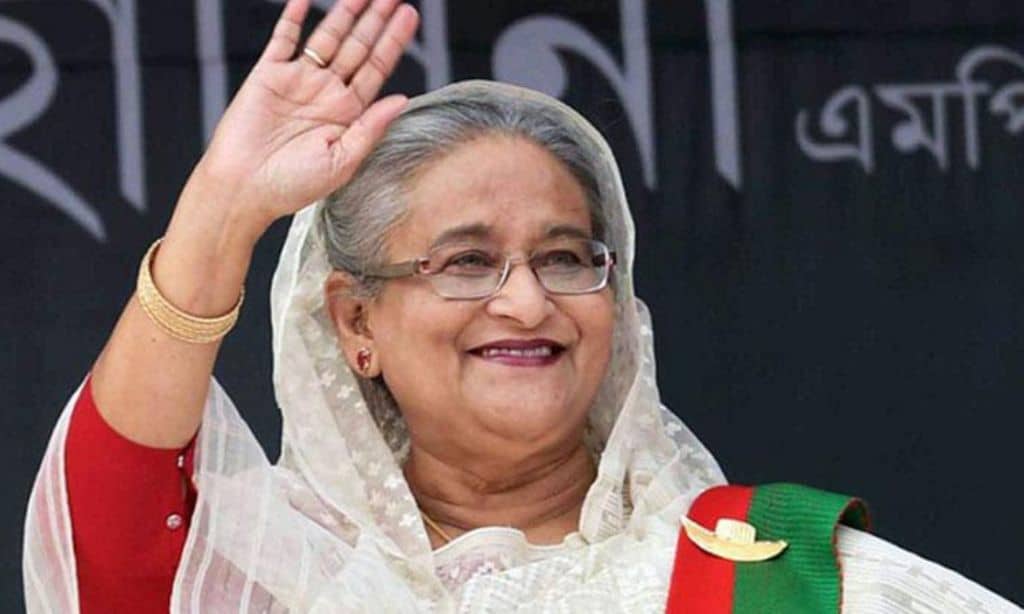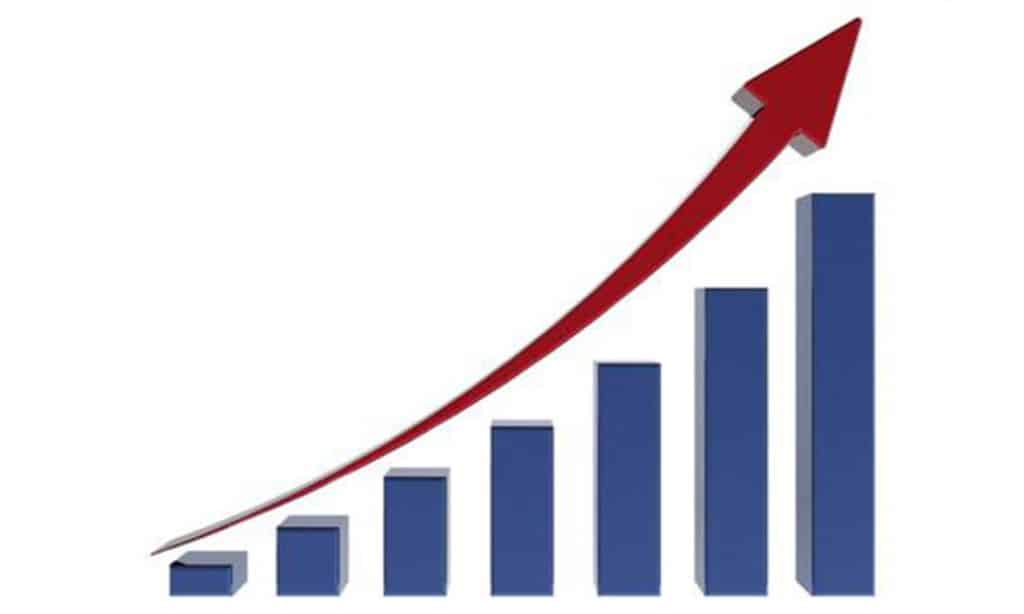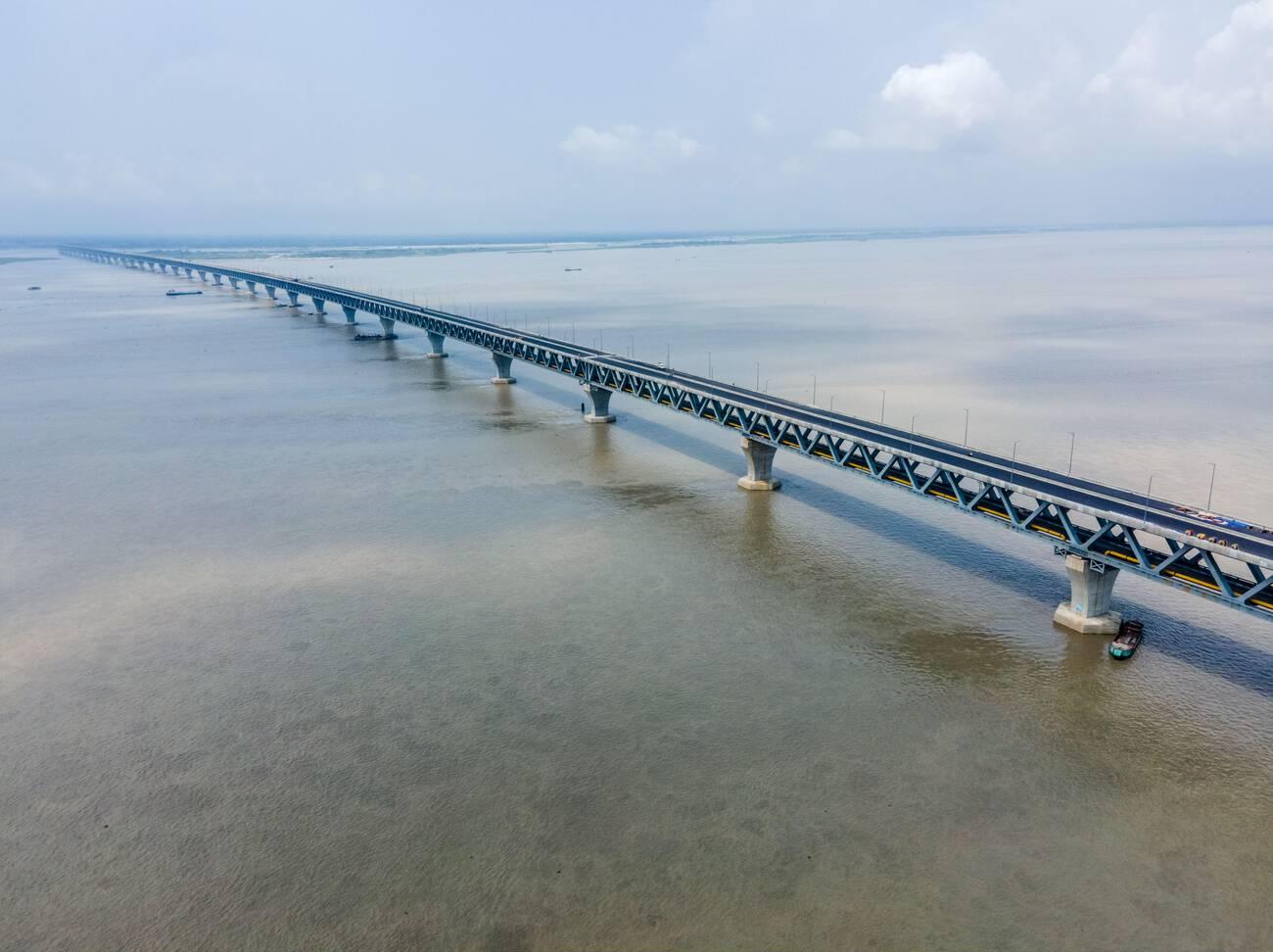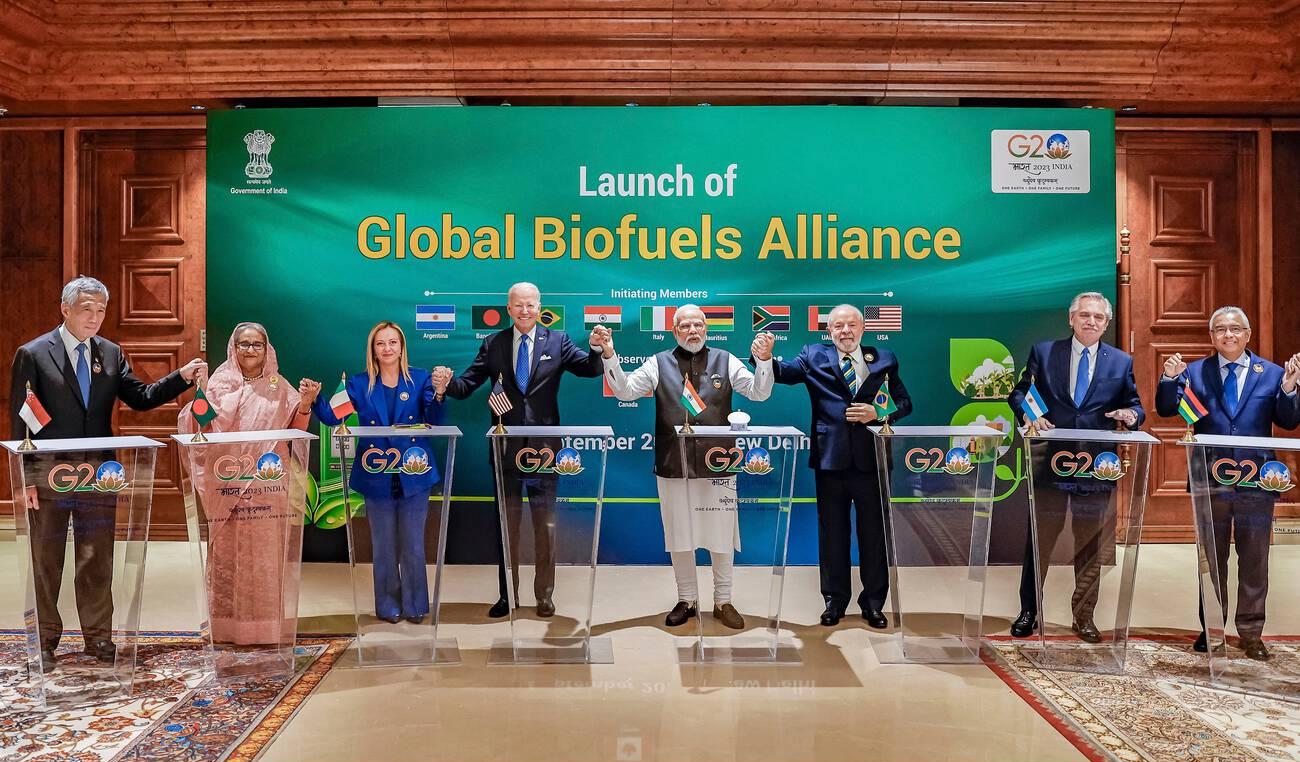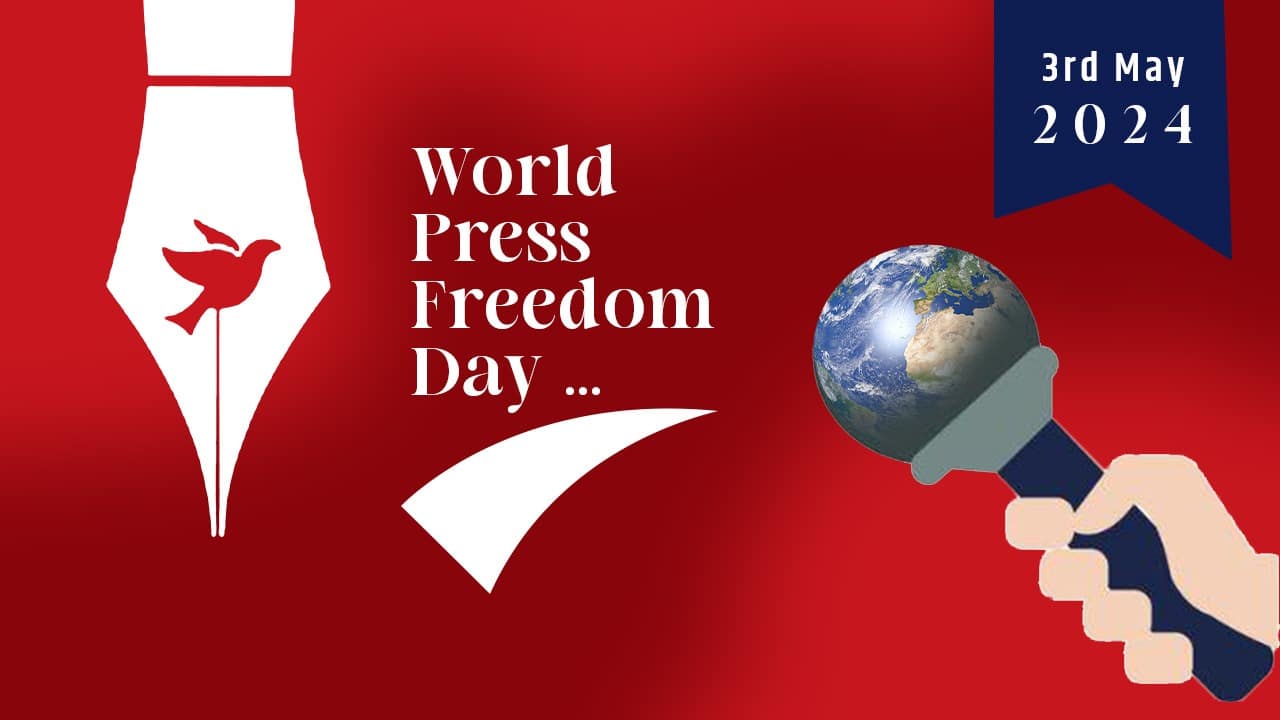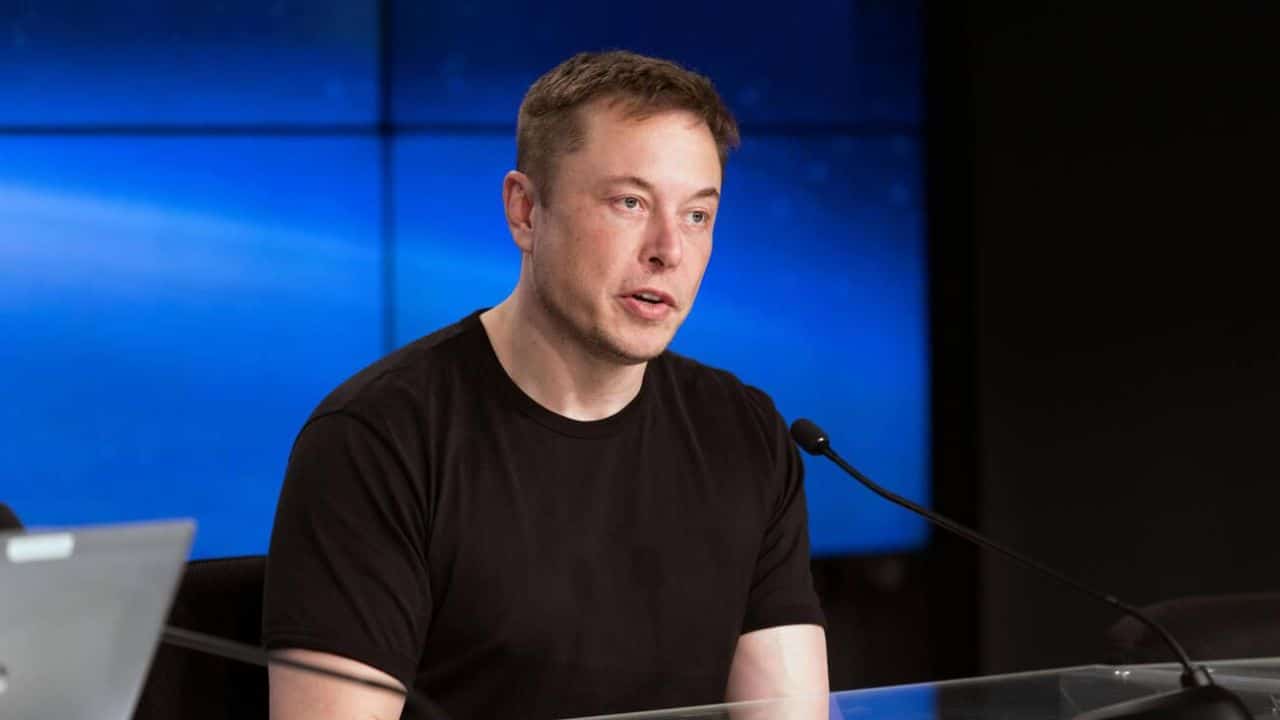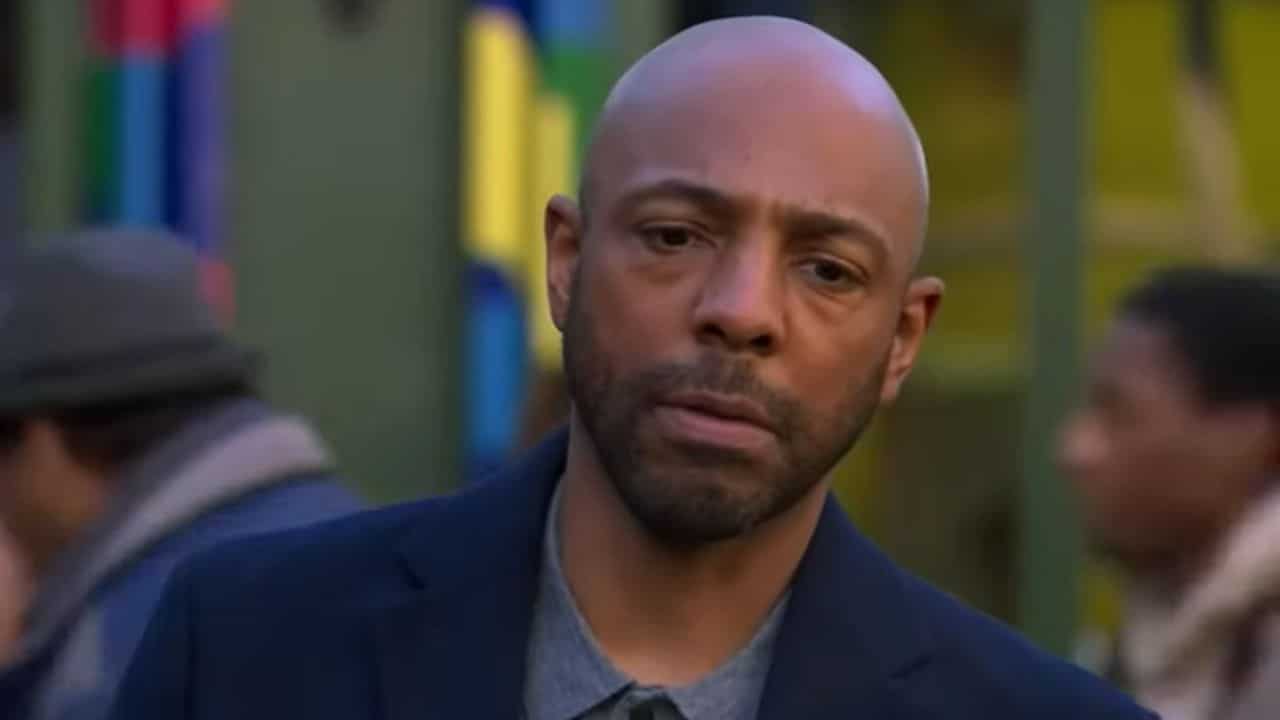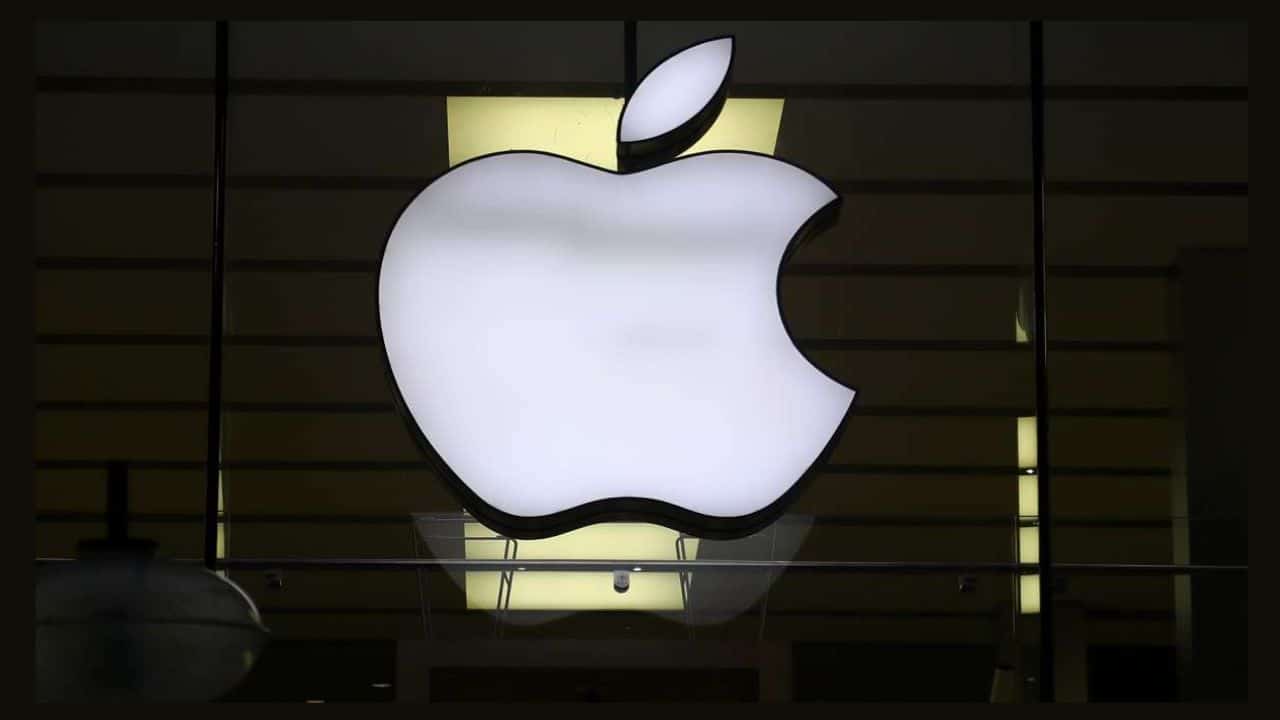Are you familiar with Bangladesh’s dramatic development transformation over the past decade? Bangladesh has seen incredible progress in social and economic indicators, with Sheikh Hasina at the helm of the Awami League government. If you’re curious about how Sheikh Hasina transformed Bangladesh from a “basket case” to a leading developing nation, this article is for you!
Through this article, we will take an overview of how the leadership of Sheikh Hasina has created development opportunities through poverty reduction initiatives, improved infrastructure, strengthened democratic institutions, and promoted environmental sustainability.
So get ready to explore one inspiring example of successful national transformation!
Content Highlights
- Sheikh Hasina has led the charge towards economic growth, poverty reduction, and infrastructure development in Bangladesh through a combination of innovative strategies.
- Social welfare programs are being emphasized to provide greater security for all citizens, create employment opportunities, and ensure equal access to free or affordable quality education.
- Improvements have been made in healthcare systems by introducing public health programs providing financial support as well as assurance that critical care is available to those who require it most.
- The Bangladeshi government has actively called for global initiatives to protect its environment from climate-related disasters with an emphasis on technological, conservation, and research efforts
The Challenges Faced by Bangladesh
Bangladesh faced numerous challenges prior to Sheikh Hasina’s leadership, including poverty and underdevelopment, political instability, and environmental issues.
Poverty and underdevelopment
Under Sheikh Hasina’s leadership, Bangladesh has experienced significant advancements over the past decade in terms of poverty reduction and overall development. The country had previously faced numerous challenges due to extreme poverty and underdevelopment, making development efforts difficult.
Upon her election into power in 2008, Prime Minister Sheikh Hasina set out a vision for economic growth and poverty reduction, which included improving infrastructure development, launching social welfare initiatives, reinstating democracy, promoting human rights, and embarking on sustainable climate change adaptation measures.
Significant improvements have been made since then – per capita income has tripled while the GDP growth rate has more than doubled from 5% in 2009 to 11% by 2020. Human development indicators such as access to healthcare facilities have improved significantly, with millions gaining access across the country each year since 2018.
Tangible investments were also made towards reducing rural poverty through access to microcredit schemes, resulting in an increased employment rate of 66%. Along with this came education reforms that saw students rise from 44 million people enrolled at the primary school level in 2010 to nearly 60 million by 2019.
Political instability
In recent years, Bangladesh has experienced growing political instability due to a variety of factors. This includes governmental instability, which is threatened by military coups and uprisings; social divisions created by religious persecution as well as paramilitary rebellion in 2009; and allegations of corruption directed at Sheikh Hasina and Khaleda Zia, ultimately resulting in the latter two being disqualified from public office.
Furthermore, economic downturns such as the current one, combined with weak leadership stability, have added further fuel to the uncertainty surrounding this country. Consequently, there are increasing levels of social unrest caused by poverty-related issues as economic prosperity decreases without reliable leadership to keep it under control.
Unfortunately, the lack of change in power or policies has led governance measures to stay stagnant and unproductive toward alleviating these issues experienced by those largely depending on agriculture for their lives.
Environmental challenges
Bangladesh is facing numerous environmental challenges as it undergoes development. As a low-lying and densely populated country, the nation is especially vulnerable to droughts, floods, cyclones, and other natural disasters that can have devastating consequences for its people.
Climate change has further exacerbated these issues as rising temperatures are causing more extreme weather events, such as stronger typhoons and longer monsoon seasons. Prime Minister Sheikh Hasina recognizes the importance of addressing these threats and has actively called for greater action to mitigate their impacts.
The government of Bangladesh has also contributed to global initiatives like the United Nations’ Blue Economy Conference to foster sustainable economic growth while protecting its environment through technology, innovation, conservation efforts, and research.
Read More: Sheikh Hasina – The Superwoman of Bangladesh
How Sheikh Hasina Transformed Bangladesh?
Sheikh Hasina set ambitious goals to modernize and develop Bangladesh, including efforts to promote economic growth, improve infrastructure development, launch financial welfare programs, and introduce healthcare and educational reforms.
Economic growth and poverty reduction
Under Sheikh Hasina Wazed’s leadership, Bangladesh has seen immense progress towards economic growth and poverty reduction. Her vision of creating environmentally sustainable, self-sufficient communities has allowed her to implement meaningful policies that have had measurable impacts.
From increasing electricity generation across the country to prioritizing this power as a major focus for nationwide development, Sheikh Hasina has led the charge in creating an environment of prosperity and opportunity; furthermore, she remains committed to ongoing investments in education, which enables citizens access expertise necessary to foster a dynamic economy while remaining true to its cultural roots.
Additionally, specific social welfare initiatives such as public healthcare programs provide both financial support and assurance that critical care is available for those who require it most – fundamental elements identified by the United Nations in their 2030 Agenda for Sustainable Development Goals. Additionally, you can also read about- Digital Bangladesh Day: The Road to Smart Bangladesh by 2041.
Infrastructure development
Under Sheikh Hasina’s leadership, Bangladesh has made significant strides towards becoming a more resilient and sustainable nation. The government has implemented various programs with an emphasis on infrastructure development to ensure the country’s economic growth and development.
With funding from other countries, such as China, India, and Japan, major projects have been completed or are underway in sectors like transportation network expansion, power plant construction, port modernization, water supply system improvements, bridgebuilding projects for railway networks, etc., contributing to new job opportunities within the country.
Additionally, there has been a particular emphasis on developing safe water access across Bangladesh through building large-scale pipeline systems that connect rural communities to urban areas with sufficient water resources.
In order to ensure the sustainability of these initiatives, innovative solutions such as solar-powered pumps for domestic wells have also been used where sunlight is available year-round.
Social welfare programs
Under Sheikh Hasina’s leadership, Bangladesh has made remarkable progress towards becoming a welfare state. Aided by government policies that prioritize housing, education, healthcare, and other social welfare programs, the country has become more inclusive in its approach to development.
Considering citizen participation, the government implemented a vision of ‘Digital Bangladesh’, which catapulted the economy forward as digital innovations blossomed due to increased access and affordability of technology and services such as online learning and telemedicine.
The primary objectives of these initiatives are three-fold: provide greater security for all citizens, create employment opportunities so people can rely on their own means for survival and stability, ensure access to free or affordable quality education amongst all sections of society; eliminate gender disparities in fields like health care and financial inclusion among women minorities.
The implementation of these ambitious goals appears to be bearing fruit with an increase in life expectancy from 61 years in 2009 (Bangladesh Demographic Survey) to 72 today, alongside reducing poverty levels from 40% down to one quarter in 2019 (World Bank).
Education and healthcare reforms
Under Sheikh Hasina’s leadership, Bangladesh has seen significant reforms in the education and healthcare sectors. These reforms have been a priority for the government as part of its economic development strategy, looking to promote equitable access to quality healthcare and higher levels of education among citizens.
The vision is to create a Digital Bangladesh and an Innovative Bangladesh via investment into science and technology-based knowledge creation systems, such as expanding access to internet services and digitalizing government processes.
Additionally, initiatives have been taken with special attention given to increasing budget allocations for school improvements across the country and addressing gender inequality prevailing in the educational sector through gender-sensitive teaching methods.
Moreover, since 2007, considerable emphasis has been placed on improving Bangladeshi infrastructure for basic health care through investments in rural hospitals that support improved maternal health outcomes along with vaccination programs against common childhood illnesses like polio, which was eradicated from 2009 onwards.
Furthermore, measures implemented by both ministry officials sponsoring community initiatives as well as state interventions emphasized reducing communicable diseases prevalence while ensuring environmental sanitation success through resource mapping strategies like Bobtay therapy controls & night soil removal units, creating widespread positive public health impacts visible through safe drinking water availability & clean sources scrutinized within regulatory norms.
Achievements During Sheikh Hasina’s Leadership
Under Sheikh Hasina’s ten years of leadership, Bangladesh has seen impressive economic growth and improvement in its human development indicators, infrastructure projects, poverty reduction efforts, and social welfare programs.
Economic growth and GDP growth rate
Sheikh Hasina’s leadership has been marked by strong economic growth and a remarkable increase in Bangladesh’s GDP.
| Year | GDP | GDP Growth Rate |
|---|---|---|
| Before Sheikh Hasina | Not Specified | Not Specified |
| 2017 | $250 billion | 7.28% |
| Recent Years | Not Specified | Consistently exceeds that of Pakistan by around 2.5 percentage points per year |
| Future Vision | Not Specified | Aiming to become a developed nation by 2041 |
Under Hasina’s government, emphasis has been placed on the real economy. This has not only led to steady increases in the country’s GDP but has also resulted in better preparedness and resilience against global economic crises compared to peer countries. The economic growth and achievements witnessed under Sheikh Hasina’s rule have gained global recognition. The focus for the future continues to be on sustainable economic growth, with Bangladesh aiming to achieve the status of a developed nation by 2041.
Human development indicators
Bangladesh has seen significant progress in various human development indicators under the leadership of Sheikh Hasina.
| Indicator | Progress Under Sheikh Hasina’s Leadership |
|---|---|
| Per Capita Income | There has been a three-fold increase in per capita income since 2008. |
| Gross Domestic Product (GDP) | The country’s GDP has significantly improved during Sheikh Hasina’s tenure. |
| Annual Growth Rate | Remarkable annual growth rate of 7% over the past decade. |
| Social Indicators | Progress in social indicators has been observed. |
| Education | Introduction of a four-year bachelor’s degree program in Bangladesh. |
Infrastructure development projects
- During Sheikh Hasina’s leadership, Bangladesh has seen major infrastructure development projects, with the Padma Bridge being a notable one. The bridge is 8.8 kilometers long and crosses the Padma River, connecting Louhajong in Munshiganj District to Shariatpur and Madaripur.
- Other structures Sheikh Hasina’s government developed include the Jatrabari-Gulistan flyover, also known as the ‘Bridge of Hope,’ and the Putia-Gabtoli connecting road in Dhaka.
- Dhaka Elevated Expressway and Metro Rail Service from Uttara to Motijheel in Dhaka bring more stability to the transportation system.
- Pubachal Express Highway and Dhaka to Cox’s Bazar Rail connectivity are some of the notable infrastructure development under Sheikh Hasina’s leadership.
- The government has invested $300 million to support startups while setting up training facilities to help budding entrepreneurs.
- Sheikh Hasina’s administration has undertaken large infrastructural projects funded by many foreign countries, including China’s One Belt One Road project.
- Railways have been upgraded with several investment plans from FAO, ADB, and others provided for improving passenger comfort. Bullet trains are also planned for various routes, which would propel Bangladesh into the future.
Poverty reduction efforts
In an effort to reduce poverty and improve the living standards of the Bangladeshi population, Sheikh Hasina has implemented a number of initiatives and strategies. These include:
- Expanding employment opportunities through job creation schemes by both the public and private sector: This includes programs such as rural employment creation in villages, microcredit initiatives to support small businesses and implementation of wage payment systems in the garment industry.
- Enhancing social protection programs for vulnerable populations, including women, children, and the elderly: This is done through setting up a social safety net program to protect households from falling into poverty, increasing access to healthcare services via Health Cards, and providing stipends for poor students, amongst others.
- Encouraging investments in clean energy and renewable resources: This helps Bangladesh move towards more sustainable development while providing job opportunities that reduce poverty.
- Reforming agricultural production systems: Modernizing agricultural methods has increased production, enabling increased food security throughout Bangladesh. Additionally, this reform has encouraged more efficient land use, resulting in increased income for farmers who can afford improved inputs for production, leading to higher yields at a lower cost per unit of production.
- Developing infrastructure and transportation networks: Improving road connectivity between rural areas and urban centers opens new economic opportunities for people living in remote places, thus reducing income inequality throughout the country
Social welfare programs and initiatives
Under Sheikh Hasina’s leadership, Bangladesh has implemented significant social welfare schemes and initiatives designed to improve the quality of life for vulnerable populations. These initiatives provide access to basic necessities such as healthcare, education, and housing while also offering financial assistance through government assistance programs. The main goals of these policies are poverty alleviation, empowerment initiatives, and the establishment of social safety nets.
Read Also: Dhaka Elevated Expressway: A Long-Awaited Dream Comes True
Promoting Democracy and Human Rights
Sheikh Hasina has played a crucial role in upholding democracy and protecting human rights, taking measures to ensure political stability, strengthen democratic institutions, and promote gender equality.
Ensuring political stability
Bangladesh’s efforts to promote democracy and human rights heavily depend on its government’s stability. The ruling Awami League has focused much of its campaign in recent years on development-based initiatives in an effort to draw voters away from a chaotic political state that may prevail if its current leadership were to be ousted.
Bangladesh has already faced a brutal crackdown on political opposition that has resulted in higher levels of fear and uncertainty among citizens due to the presence of an overly repressive authoritarian government.
The country’s political climate is often described as bitterly personal yet rigidly partisan, both factors making it all the more imperative for Sheikh Hasina’s party to retain control after this year’s election results come out.
Strengthening democratic institutions
Since coming into power in 2009, Prime Minister Sheikh Hasina has sought to strengthen the democratic institutions of Bangladesh. In an effort to ensure political stability and protect democracy, she formed a 14-party coalition government in 2008.
As part of this coalition, she promoted human rights and gender equality while ensuring that equal access is provided for all citizens. Moreover, Sheikh Hasina pushed for election integrity through enhanced voter registration processes implemented by the Election Commission as well as increased use of technology at polling stations.
Further efforts have been made to ensure civil security, such as establishing new police units dedicated to protecting people’s rights and implementing stricter punishments for those who violate them.
Prime Minister Sheikh Hasina also initiated developmental projects such as Vision 2021 & 2041, aiming at economic growth and sustainable development, which remain important goals even today.
Promoting human rights and gender equality
Sheikh Hasina’s commitment to promoting human rights and gender equality has been substantial during her tenure as Prime Minister of Bangladesh. Her government undertook many initiatives, such as the National Action Plan for Women’s Empowerment 2003-2015, aiming at the socio-economic inclusion of women in all aspects of life.
The establishment of dedicated civil society organizations advocating for better access to education and healthcare services, particularly targeting rural women and girls from vulnerable communities, was also a part of these efforts.
Furthermore, Sheikh Hasina addressed freedom of religion and expression issues by introducing legislation that aimed to protect minority groups against discrimination on religious grounds while simultaneously strengthening democratic institutions by implementing electoral reforms that gave voice to marginalized sections of the population.
Sustainable Development and Climate Change
Sheikh Hasina has implemented policies and initiatives to promote sustainability and climate change adaptation as a part of her development vision for Bangladesh.
Climate change adaptation and mitigation efforts
Under the leadership of Prime Minister Sheikh Hasina, Bangladesh is implementing a number of initiatives to address climate change and mitigate global warming. These include:
- Climate Change Adaptation Measures: Bangladesh has adopted initiatives such as installing early warning systems for cyclones, developing guidelines for coastal embankment renovation, and constructing alternative shelters and evacuation centers.
- Legislation for Ecosystem Preservation: In a bid to conserve natural resources and curb pollution, the country is Creating Environmental conservation areas and establishing laws on industrial waste management, air emissions regulations, access to forest resources, etc.
- National Adaptation Plan of Bangladesh: This outlines frameworks for climate-resilient sustainable development in the country, including strengthening resilience infrastructures across multiple sectors, supporting low carbon development and energy efficiency, promoting research on climate-resilient agriculture, making investments in renewable energy projects, etc
- The Center for Sustainable Development in Bangladesh (CSDB): Launched in 2014 under the Vision 2021 initiative by Sheik Hasina’s government, this initiative focuses on pro-poor strategies like green transition & just transition program focusing on enterprise transformation, sustainable finance resource mobilization & making use of waste management technologies, etc.
Renewable energy initiatives
Under the leadership of Prime Minister Sheikh Hasina, Bangladesh has taken steps to transition towards a renewable energy economy. Local and foreign direct investments have been implemented in the energy sector to achieve this goal. USAID launched the Clean Energy Project in Bangladesh to improve access to affordable, reliable, and sustainable energy systems.
To incorporate renewables into the grid and expand off-grid solutions, the Renewable Energy Program for Bangladesh (SREP Bangladesh) was implemented in 2015. Additionally, Prime Minister Sheikh Hasina has set ambitious targets for renewable energy projects over the next several years, including:
- Expanding solar-powered irrigation systems
- Installing solar panels on rooftops
- Offering low-interest loans for solar pumps
- Creating mini-grids to provide off-grid power to remote areas
- Training technicians on installation and maintenance of renewable energy equipment
- Establishing research centers dedicated to sustainable technologies
- Investing in bioenergy sources such as biomass gasifiers, biogas plants
- Developing new guidelines and regulations for promoting green investment
Sustainable agriculture and fisheries
Sustainable agriculture and fisheries have been central to the country’s development agenda under Prime Minister Sheikh Hasina’s leadership. She has kept the sector at the top of her priority list for achieving sustainable economic growth with environmental safety and social justice, emphasizing the need for an inclusive and sustainable food management system for all.
The government’s commitment to this cause was visible when it adopted a people-centered development approach in 2010 and evolved Bangladesh’s National Sustainable Development Strategy (NSDS). This strategy aimed at meeting formidable environmental challenges while ensuring sustainability and economic growth.
Conservation of natural resources
Sheikh Hasina’s visionary and dynamic leadership has recognized the importance of conserving natural resources in Bangladesh. It has adopted a people-centered development approach, which includes preserving the environment for future generations. To do this, the government has set national adaptation goals to protect its natural resources from climate change variability and induced impacts.
The National Sustainable Development Strategy of Bangladesh also includes several measures to safeguard the country’s natural resources in the face of climate change and build up adaptive capacity. Prime Minister Sheikh Hasina has also emphasized the importance of addressing climate change as a means of achieving sustainable development for her country, recognizing it as both an environmental and economic issue. She was even recognized worldwide for her efforts in addressing climate change, further highlighting just how important this issue is for Bangladesh’s future.
International Relations and Diplomacy
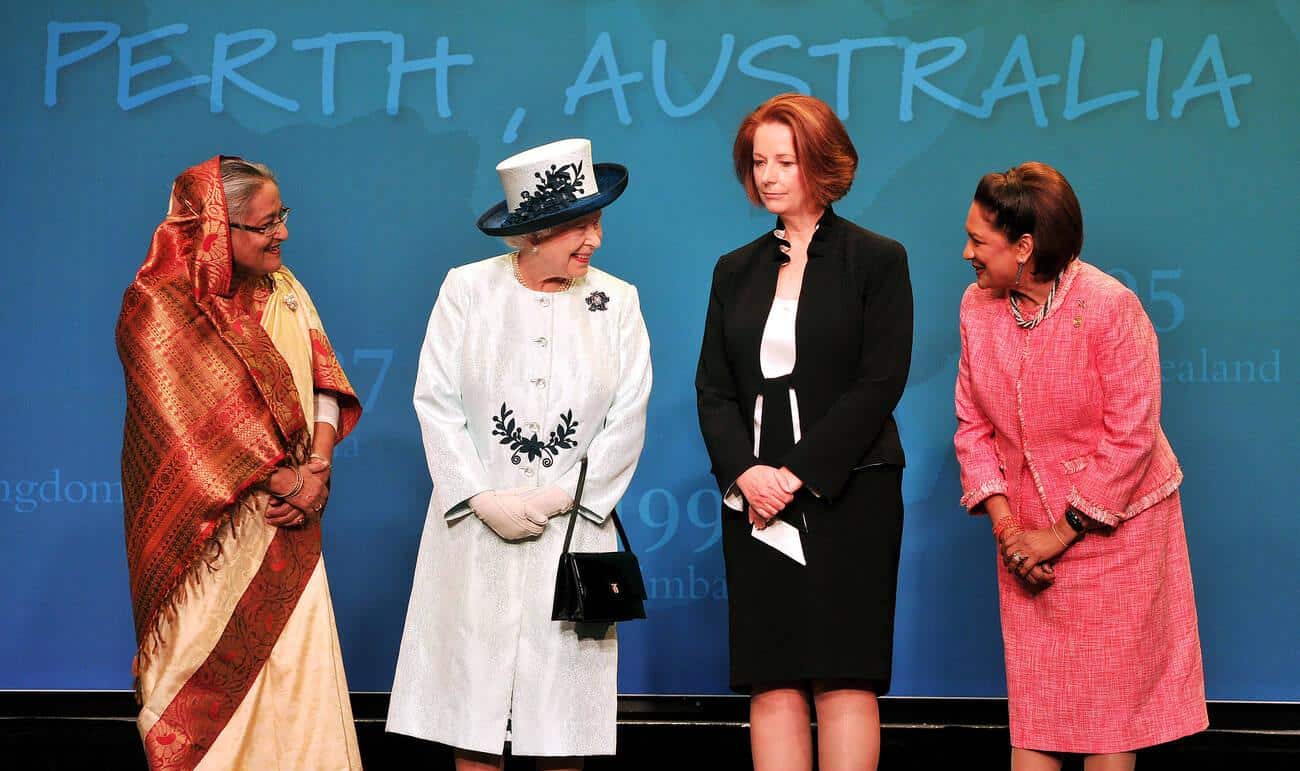
Under Sheik Hasina’s leadership, Bangladesh has strengthened its bilateral and multilateral relations and promoted trade and investment while increasing security cooperation on counterterrorism initiatives and improving humanitarian efforts for the Rohingya refugee crisis.
Strengthening bilateral and multilateral relations
Sheikh Hasina has been instrumental in building and strengthening Bangladesh’s diplomatic relations with other countries. As Prime Minister, she has adopted an India-positive policy approach to ensure an improved bilateral relationship between the two nations.
Strengthening of multilateral ties with neighboring states such as Nepal, Bhutan, and Myanmar have helped Bangladesh collaborate on important issues like trade and security in a globalized world.
Under her leadership, the country also forged stronger connections with major powers like China, Russia, the USA, and Japan by signing strategic partnership agreements. These vibrant diplomatic relations have enabled Bangladeshi people to take benefit from foreign assistance ranging from investments to developmental aid for socio-economic equality.
Not only that, but it also reciprocated the trust that donors had in the development goals of Government Actions led by PM Sheikh Hasina, which provided them with the favorable impetus to participate positively in the Bengali economy, resulting in welcome economic notices around the world regarding resilient growth prospects through sound PR campaigns, etc.
Promoting trade and investment
Sheikh Hasina has taken steps to promote trade and investment in Bangladesh, integrating the country into global markets and diversifying its economic base. She has sought out opportunities for joint ventures with foreign investors, particularly those from developed countries such as the US and China.
To attract more foreign direct investments (FDI), Bangladesh Bank purposely deregulated restrictions on FDI activities within select sectors of the economy. Many countries have subsequently shown increased interest in investing in Bangladesh due to improved access to capital markets and market liberalization policies facilitated by government reforms since 2009.
In an attempt to strengthen international relations, Sheikh Hasina has also led efforts to increase bilateral trade ties with India, enhancing Bangladeshi exports through negotiated free-trade agreements with other nations, including Singapore and Bhutan.
Security and counterterrorism cooperation
Sheikh Hasina has been at the forefront of Bangladesh’s efforts to promote security and counterterrorism cooperation both domestically and abroad. Her administration has signed various counterterrorism agreements with international partners like India and the United States, as well as engaging in world forums such as UN Security Council meetings.
The US-Bangladesh Strategic Partnership for Countering Violent Extremism has further been strengthened over the years with increasing joint efforts to prevent and counter-recruited terrorist inclinations.
To this effect, increased training is provided to security forces on cutting off terrorist organizations’ fundraising capabilities, infiltrating cells before their activation or disruption of planned operations by radical groups or individuals; such measures have brought about improved stability within Bangladesh since 2015, when Hasina led her party into government after 10 years of democracy exile.
Rohingya refugee crisis and humanitarian efforts
The Rohingya refugee crisis is one of the most serious and heartbreaking humanitarian crises in recent history, with nearly 1 million Rohingya fleeing horrible violence and persecution in Burma.
Bangladesh has been among the largest recipients of this influx, hosting an estimated 1.1 million people seeking safety since August 2017. The host country does not easily carry this burden, however. These refugees live largely in cramped camps within Cox’s Bazaar and Dhaka, where they rely on a tenuous mix of aid while challenging local environmental resources.
The COVID-19 pandemic has exacerbated the crisis as international donors face economic downturns that have reduced their ability to provide much-needed food assistance or medical care for both vulnerable populations living in overcrowded camps or those still coming across borders to find refuge from violence.
Challenges and Criticisms
Despite some impressive achievements, Sheikh Hasina’s development efforts have been met with criticism from both domestic and international sources due to issues related to corruption, human rights violations, and environmental sustainability.
Read on to learn how Bangladesh is addressing these problems under her leadership.
Corruption and governance issues
have long been a problem in Bangladesh and remain one of the major obstacles to its growth and development. The concentration of power in the hands of the prime minister has resulted in deficits in past elections, and some larger businesses have accused the government of exerting political pressure or taking illegal actions – contributing to economic instability.
Moreover, allegations against security forces misconduct, as well as bribery and nepotism, are rampant, with few mechanisms being employed to investigate or punish misdeeds. As such, it has become increasingly difficult for democratic principles to take center stage when government priorities focus on prioritizing economic growth over these values.
This is especially seen under Sheikh Hasina’s leadership, where much attention was paid to achieving rapid economic gains rather than improving democracy through processes such as free press materials and freedom from unions that monitor policies that could prevent corruption-related issues.
Income inequality and poverty reduction challenges
are some of the most pressing challenges facing Bangladesh today. Sheikh Hasina’s government has taken many steps to tackle these issues, including the adoption of a people-centered development approach involving Poverty Reduction Strategy Papers prepared by stakeholders and member countries.
Her vision for 2021 aims to reduce poverty, inequality, and human development challenges through greater investments in education, healthcare, and social welfare programs. Since taking office in 2008, per capita income has tripled in Bangladesh while the GDP growth rate is also high, indicating that the initiatives undertaken so far have positively impacted economic development.
In addition to increasing incomes, Sheikh Hasina’s efforts have focused on providing better access to rights such as property rights for marginalized groups as well as increasing gender equality through affirmative action policies and laws such as quota systems in Parliament, which guarantee seats for women representatives.
Environmental sustainability concerns
Environmental concerns in Bangladesh have grown over the years due to issues of air, water, and land pollution brought about by economic development. Urban areas are particularly affected by air and water pollution, reaching hazardous levels, resulting in estimated losses of close to three percent of GDP each year due to health impacts, loss of income, and environmental degradation.
The government under Sheikh Hasina has taken steps such as introducing emission standards for vehicles as well as setting up a green urban center that seeks to improve infrastructure-related environment sustainability and conservation initiatives.
Climate change is also threatening the country’s people, with rising sea levels changing coastlines dangerously while cyclones cause devastating flooding during monsoon season. To tackle this issue, Sheikh Hasina implemented numerous climate adaptation plans ranging from eco-friendly green initiatives like compensation money for pollutant emissions reduction to transboundary agreements with India on reducing greenhouse gas emissions.
Human rights and freedom of expression issues
In Bangladesh, citizens have been subject to severe restrictions on their basic right to freedom of expression amid continued government crackdowns on dissent and criticism. Reports suggest that the state has implemented laws such as the ICT Act in an attempt to regulate digital communications but has since faced criticisms for limiting legal protections and stifling free speech.
Furthermore, activists, journalists, and foreign countries such as the United States have urged authorities in Dhaka to end its repression of people’s constitutional rights to protest against politically motivated abuses through peaceful means.
Journalists working with independent media outlets, both print and online, face significant challenges when attempting to discuss topics critical of the government – a clear violation of Article 19 (1) internationally entrenched standards that guarantee this basic human right across nations.
Future Goals and Plans
[Video Credits @Bloomberg_Live]
Sheikh Hasina has outlined Vision 2021 and Vision 2041 to secure Bangladesh’s development through digital transformation, innovation, green growth strategies as well as sustainable development goals.
Vision 2021 and Vision 2041
are two of the major development goals of Prime Minister Sheikh Hasina’s government. Vision 2021 is a plan to make Bangladesh a middle-income country by 2021, aiming for economic growth and poverty reduction.
Vision 2041 builds upon this goal by focusing on improving the socioeconomic standing of Bangladesh as a developed country. Digital Bangladesh is integral in achieving this vision, which includes initiatives like internet connectivity, access to e-healthcare services, and digital literacy programs.
The perspective plan for Vision 2021-2041 guides two decades of transformation in the country, leveraging technological advancement, infrastructure improvements, and social progress to improve quality of life and global competitiveness.
Digital transformation and innovation
Under the leadership of Prime Minister Sheikh Hasina, Bangladesh has sought to become a digital economy with a focus on economic growth and poverty reduction. The Digital Bangladesh initiative was launched to transform the country through technology adoption and digitalization.
The goals of this initiative included improving service delivery, enhancing capacity development across all sectors, accelerating the development of ICT in both public and private sectors, and driving economic growth.
Sheikh Hasina recognized the transformative potential of digital technologies for meeting these goals and delivering tangible improvements in people’s lives.
To this end, the government deployed 2.78 billion government electronic services with an emphasis placed on targeting rural communities who disproportionately benefit from such initiatives – as proved by improved access to healthcare services and education programs and improved connectivity within rural areas through e-governance tools.
Green growth and sustainable development goals
Under Sheikh Hasina’s leadership, Bangladesh has put in place ambitious goals to achieve the United Nation’s Sustainable Development Goals (SDGs) by 2030. As a part of this commitment, the National Sustainable Development Strategy (NSDS) was formulated to tackle economic, social, and environmental sustainability challenges.
Also launched was the Mujib Climate Prosperity Plan (MCPP), which outlines substantial climate change policies that are aimed at supplementing existing efforts for sustainable growth and development in the country.
The Eighth Five Year Plan of Bangladesh also focuses on the achievement of the SDGs along with promoting entrepreneurship and improving the infrastructure system while falling in line with global commitments on climate action & poverty reduction.
In addition, the NSDS 2010-2021 emphasizes the implementation of a national land use plan for green growth and highlights key steps toward promoting sustainable agriculture practicable across diverse regions in Bangladesh.
Frequently Asked Questions (FAQs)
If you want to know more about the developments under Sheikh Hasina’s leadership in Bangladesh, check the answers below.
1. Who is Sheikh Hasina?
Sheikh Hasina is the 11th Prime Minister of Bangladesh and leader of the Bangladeshi Awami League political party. She has played a major role in transforming Bangladesh during her two different tenures as Prime Minister.
2. What type of reforms has Sheikh Hasina undertaken in Bangladesh?
Sheikh Hasina’s reforms have focused on improving economic development, strengthening democracy, combatting terrorism, expanding social services, protecting minority rights, increasing gender equity, and enhancing environmental sustainability.
3. What programs did Sheikh Hasina initiate to develop infrastructure?
Under Sheikh Hasine’s leadership, numerous infrastructural projects such as power plants and bridge construction were initiated to improve transportation within the country and help reduce poverty nationwide by growing industries like tourism and technology sectors based on these improvements made to infrastructure.
4. How successful have Sheikh Hasin’s reform efforts been so far?
Since taking office for the second time in 2009, Bangladesh has achieved impressive results such as strong economic growth rates, improved human development indices across all UNDP-adjusted metrics (e.g., health care access), robust media freedoms supported by bolstering press freedom laws, increased foreign direct investment inflows from around USD 5 billion annually before 2009 compared to $20 billion at present day; reduction in poverty levels from 60% of population living below subsistence level before 2009 now safely below 50%.


